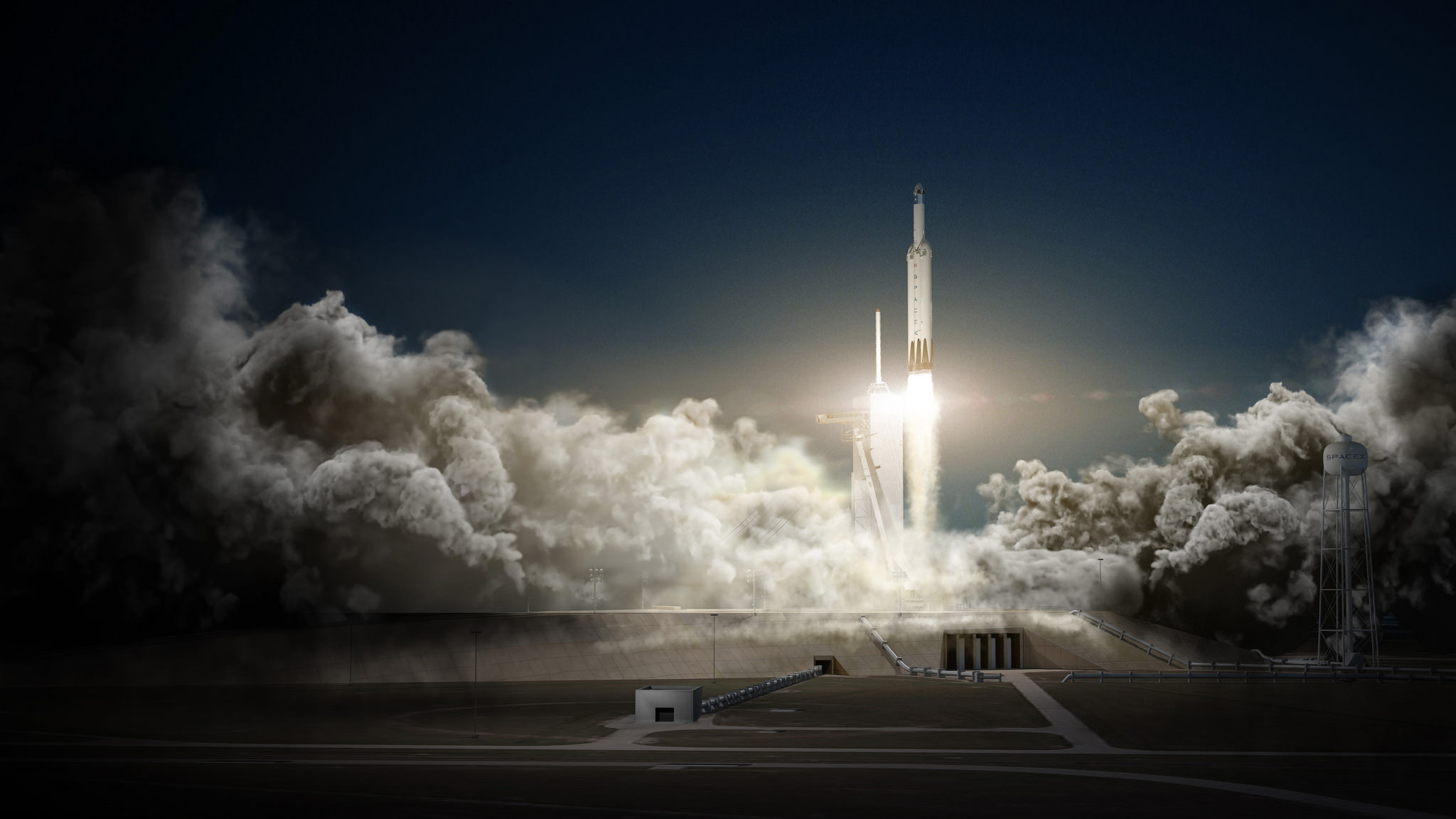
SpaceX has been propelling supply missions for the ISS for near four years, however on Monday, Elon Musk's space-investigation arm split a military-contract syndication held by aviation titans Boeing and Lockheed Martin for over 10 years.
The Department of Defense gave SpaceX a $83 million contract to dispatch a Global Positioning System satellite for the military, winning the main focused dispatch contract it has offered in ten years. Beforehand, all military dispatch contracts went straight to either Boeing or Lockheed, yet the military is opening up their dealings to the developing regular citizen space area.
"This GPS III Launch Services contract grant accomplishes a harmony between mission achievement, addressing operational requirements, bringing down dispatch costs, and reintroducing rivalry for National Security Space missions," Lieutenant General Samuel Greaves, who heads the Air Force's Space and Missile Systems Center, said in an announcement revealed by Reuters.
Joined Launch Alliance, the spaceflight aggregation of both Boeing and Lockheed Martin, didn't offer on the agreement, as indicated by Reuters. One previous ULA VP told the wire benefit that SpaceX's "cut-rate" evaluating, close by profession endorses on its Atlas rockets, Russian-made motors, and "bookkeeping issues."
Basically, it would appear that SpaceX offered to fly the military's GPS satellite into space at a lower cost, and seized the agreement out from under the enormous canines' noses. They'll get $82.7 million, which ought to cover creation of a Falcon 9 rocket, and also the greater part of the regulatory costs, affirmation, and dispatch operations.
The Air Force arrangements to open up offering for eight more contracts amongst now and 2018, so hope to see other youngster aviation pioneers spread their wings and attempt to get those sweet surges of safeguard spending cash.

No comments:
Post a Comment